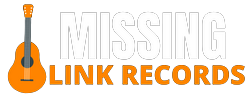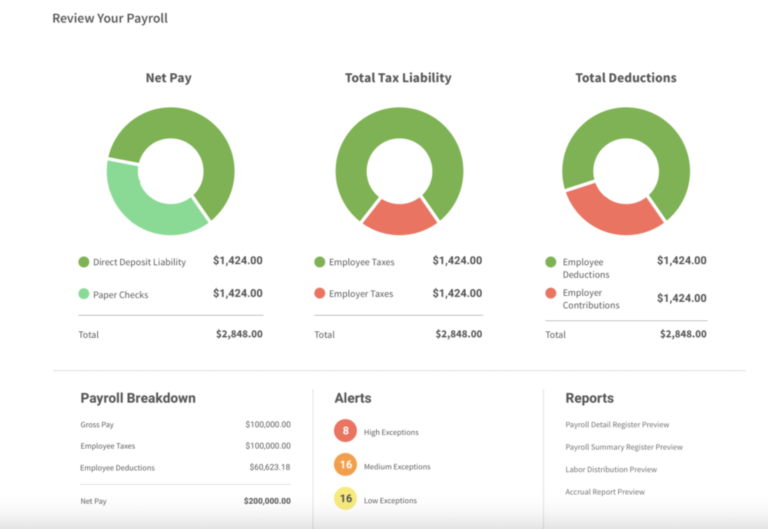How To Utilize The Best I Test Forbrukslån To Get The Best Loan

Want to buy a large ticket item like a vehicle but don’t have the cash? A personal loan could be what you need right now. But how can you be certain of what you’re getting yourself into? The loan provider might impose additional charges for their services. You won’t only have to pay back the loan’s main amount, but interest, too.
This is where the best i test comes into play. An I test is basically an online comparison of a product or service. A set series of questions is asked, and answered, about each of the products. So, in this case, you would obtain multiple loan quotes. Then, using a set list of criteria, you answer the questions and compare the answers to give a full picture of the loan. You can even make a table or graph if it helps you to visualize the answer.
The interest you pay for a loan is calculated using three primary variables: the principal amount borrowed, the length of time it takes you to repay the loan, and the interest rate. This is the perfect place to begin your I test. List the three variables for each of your loan quotes, and if you still don’t have the information necessary to decide, there are plenty of additional loan attributes that you can compare.
Evaluation of Various Loan Options
In order to borrow money, you should look for the best possible conditions on a loan that suits your needs. Here are some loan conditions to consider while comparing lenders.
- The Annual Percentage Rate and Interest Rate
- Collateral
- Fees
- Repayment Schedule for a Loan
- Spending on repayment on a monthly basis
- Add up the grand sum with all fees, interest, and down payment
It’s also important to consider the interest type: Is this a set rate or does it fluctuate? With a fixed rate loan, your monthly payment won’t change no matter how long your loan term is. During the life of your loan, a variable interest rate might go up or down.
Lenders will likely provide more favorable terms and interest rates to those with excellent credit since they will see you as a lower risk borrower. Consider improving your credit history before asking for a loan if your scores aren’t stellar but you don’t need the money right now. In certain cases, this might help you get a better interest rate.
Fees
It’s important to know whether there will be any fees associated with the loan before you agree to terms with a lender. Some typical charges are listed below.
- Payment for the first setting up of a bank account
A lender may want this payment up front if you want them to proceed with your loan application. Loan origination costs may be as high as 8 percent of the total amount borrowed.
- Punishment for early prepayment
To discourage early loan repayment, some lenders impose prepayment penalties. Before agreeing to anything, find out whether there is a penalty for paying off the loan early or if you are anticipating a large sum of money.
- Fine for paying late
You should find out whether your lender has a late payment fee if you have trouble paying payments on time.
- Cost for a non-sufficient money transaction
Similarly, if you often have a low balance in your checking account, you may want to know about insufficient-funds that your bank levies. An overdraft fee is the amount paid when a payment is attempted but the account holder does not have sufficient funds to cover the payment. Often a lender will waive the first NSF fee if there is a history of good payments.
- Repayment Schedule for a Loan
Personal loans may be obtained from a variety of lenders, some of which provide both short- and long-term repayment plans. In general, the duration for a personal loan is between 12 and 84 months, while certain creditors may provide longer periods. But in other cases, shorter is better than longer. In the short term, a long-term loan may reduce your payments, but in the long run, you may end up paying more in interest.
In some cases, sadly, you may find yourself denied the personal loan you were seeking. However, don’t allow this to discourage you. Simply work on building your credit in the meantime, and also stashing away the amount you would have paid monthly on the loan into a savings account.
When the time comes to reapply, not only will you have a better credit score, but you’ll also have a much larger down payment, and will have already adjusted to a budget that includes a loan payment. This is setting yourself up to win in the future.
A loan denial might occur for a variety of reasons. To understand why the lender may have denied the loan, you may look at these parameters.
- Lack of work experience or consistency in employment
- There is insufficient revenue to cover the loan payments at this time.
- A bad credit score
- Insufficient credit history
- Insufficient length of stay in residence
- An insufficient initial investment
- Inadequate background check records
- Mistakes in the application
- An excessive amount of unpaid loan or credit card debt
- Insufficiently few accounts or an excessive number of recently canceled accounts
 What, no good credit history? Try doing this:
What, no good credit history? Try doing this:
- Make modest purchases and make your payments on time with a low-limit credit card.
- Investigate whether or not your whole income was taken into account when deciding whether or not to grant you a loan.
- Don’t add to your debt load any more; pay off part of what you owe.
- Get a dependable person to co-sign the loan with you.
- Ask whether you can make a greater down payment, and if so, offer to do so.
- Wait, empty credit report? Discover whether expenses like rent and utility costs are eligible. Non-conventional methods of crediting are what they sound like.
- Examine the credit bureau’s loan application data for inaccuracies.
In order not to fall into the trap of predator lenders, always do your research especially if you consider yourself to be any of the following below:
- Homeowners who have a lot of equity but otherwise have limited financial resources.
- People of retirement age who have built up significant home equity
- Those that know little to nothing about economics
- Members of the public who have a rudimentary grasp of the banking system
- Those who are economically and socially disadvantaged
- Members of underrepresented groups and newcomers to the country
Of course, you’ll want to be safe while you’re shopping for a loan. Always check your available options and ask yourself if it is really necessary and if you can afford to repay it.




